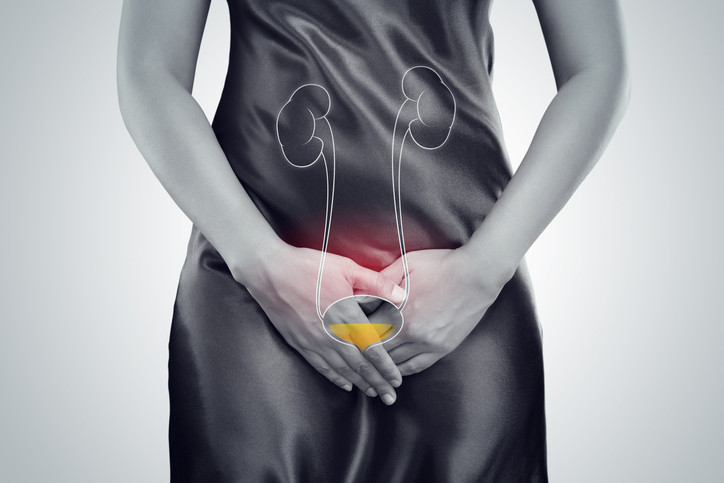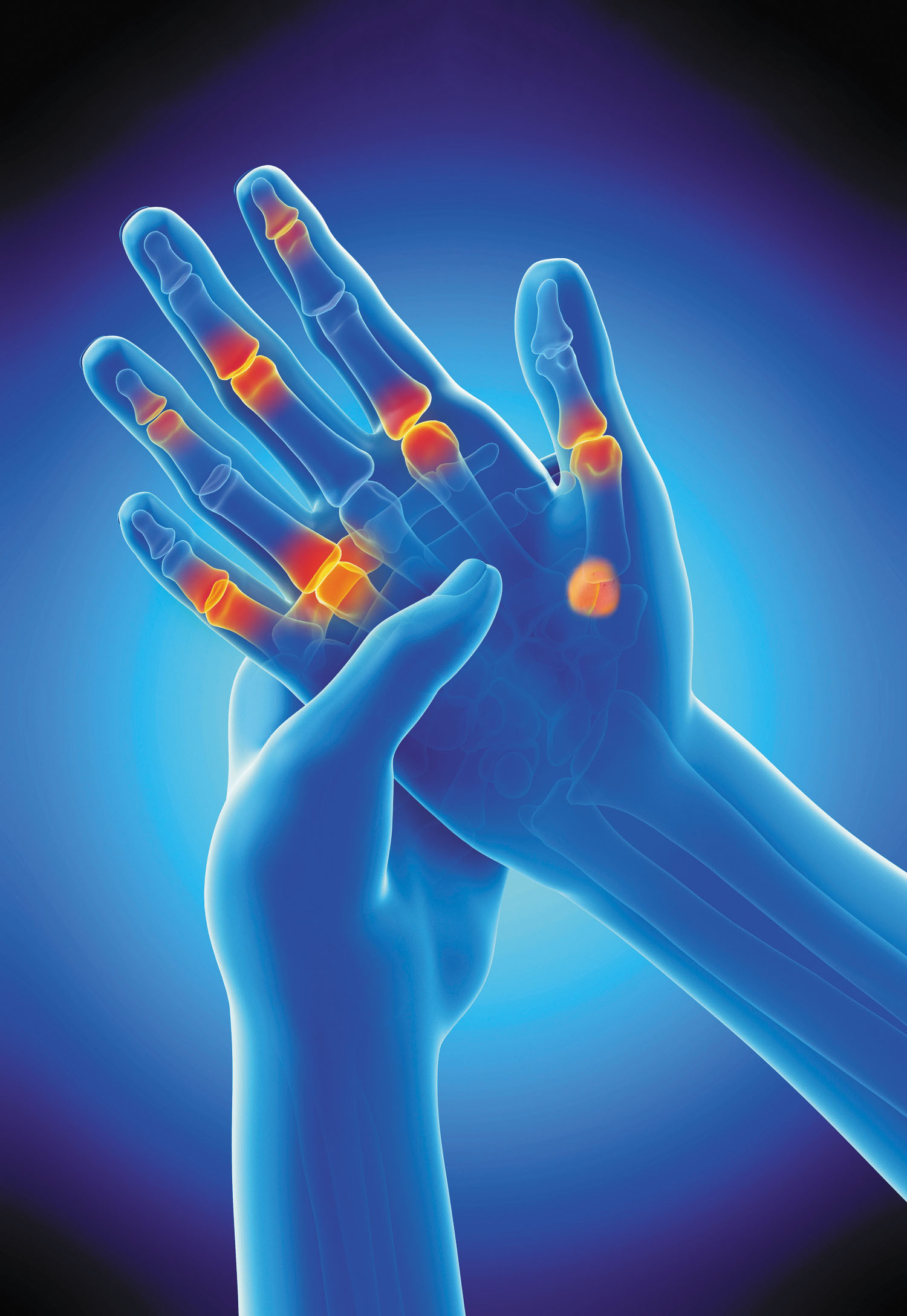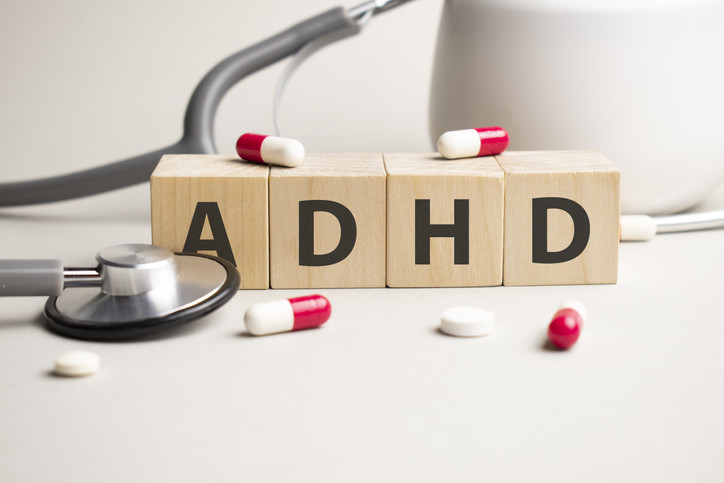
What are somatic workouts?

How to curb your stress eating

How to spot Parkinson’s disease symptoms

8 simple ways to reduce ultra-processed foods in your diet

Heart failure symptoms in women: How they’re different

GERD diet: Foods to avoid to reduce acid reflux

Strong is the new skinny

Everyday habits that sneakily weaken your bones

Don’t wait to get help for back pain

Correcting how you walk may ease osteoarthritis knee pain
Diseases & Conditions Archive
Articles
Got a goiter?
An enlarged thyroid, called a goiter, or nodules on the gland are quite common, especially in women. Doctors pat down the neck during physical exams to help detect these conditions. Treatment depends on whether a lesion is cancerous or causing severe symptoms. Some goiters or nodules are simply monitored over time.
Bothered by a stuffed-up nose?
Several problems can block the passages on one or both sides of the nose. For example, allergies can inflame sensitive tissue inside the nose, reducing the space left for air to flow through nasal passages; a crooked wall (septum) separating the passages of the nose can block airflow, making it hard to breathe; and aging can cause tissues in the nose to sag, which can narrow nasal passages. Strategies to open nasal passages depend on the cause of obstruction. Treatments range from using nasal sprays to widening nasal passages with surgery.
Did I cause my partner's bladder infection?
While a man cannot directly give his female partner a bladder infection, he can increase her risk with vigorous or frequent sexual intercourse.
It's not too late to save thinning hair
Treatment for hair loss depends on the type of hair loss a person is experiencing. Sudden hair loss often gets better on its own once an underlying condition is treated. Gradual hair thinning caused by aging or genetics may stop or start to reverse with topical medications, oral medications, supplements, laser light treatments, or injections of platelet-rich plasma. And for any of these approaches, the key is starting them as soon as hair loss is detected. Once hair follicles stop working, the only option to restore hair is hair transplant surgery.
Gout linked with risk for heart attack and stroke
Gout strikes when too much uric acid builds up in the body and triggers severe pain, swelling, and redness in one or more joints, often in the big toe. New research suggests that an episode may increase the risk for a heart attack or stroke over the following two months.
Are your medications keeping you up at night?
Many medications can affect sleep. These include prescription drugs as well as over-the-counter remedies. For example, decongestants, certain antidepressants, or beta blockers can make it hard to fall or stay asleep, and nicotine replacement medications can cause a person to have nightmares. Strategies to avoid drug-related sleep problems include taking the medication during the day, taking a lower dose, practicing good sleep hygiene (such as going to bed and waking up at the same time each day), or switching to a new medication.
Identifying arthritis in your fingers and thumbs
Two main types of arthritis can affect the thumb and fingers. Osteoarthritis typically affects joints in the middle or end of the fingers or the base of the thumb. Rheumatoid arthritis more often affects the fingers' middle joints or the joints that connect the fingers to the hand. Medications can halt or slow the progression of rheumatoid arthritis. There aren't any drugs proven to halt or slow osteoarthritis. Using a splint or brace, using assistive devices (such as a shirt buttoner), and working with a certified hand therapist can help people cope with either type of arthritis.
Attention deficit disorder linked to higher heart disease risk
People with attention-deficit hyperactivity disorder, a condition marked by trouble focusing and impulsive behavior, may be more likely to have cardiovascular disease that people without the disorder.
How can I tell if I have a concussion?
Concussions occur when the brain bumps or twists inside the skull after a blow to the head. Signs of concussion include headache, eye pain or fatigue, neck pain or stiffness, imbalance, impaired depth perception, difficulty remembering, or sleep pattern changes.
Genes protective during the Black Death may now be increasing autoimmune disorders
Genes that helped people survive during the time of the Black Death are more likely to be found in people with autoimmune diseases alive today. Does this tell scientists anything about what surviving the COVID-19 pandemic might mean for the world's population?

What are somatic workouts?

How to curb your stress eating

How to spot Parkinson’s disease symptoms

8 simple ways to reduce ultra-processed foods in your diet

Heart failure symptoms in women: How they’re different

GERD diet: Foods to avoid to reduce acid reflux

Strong is the new skinny

Everyday habits that sneakily weaken your bones

Don’t wait to get help for back pain

Correcting how you walk may ease osteoarthritis knee pain
Free Healthbeat Signup
Get the latest in health news delivered to your inbox!
Sign Up











